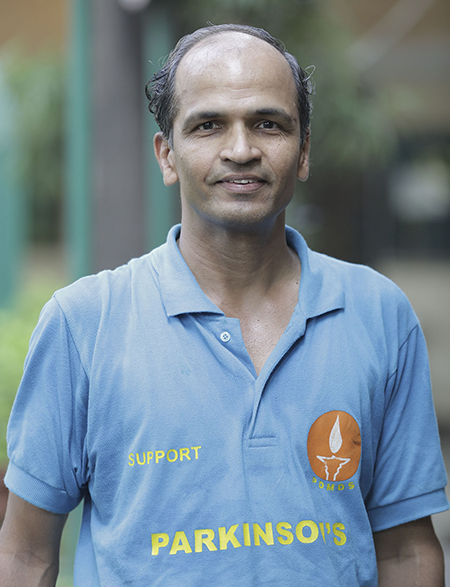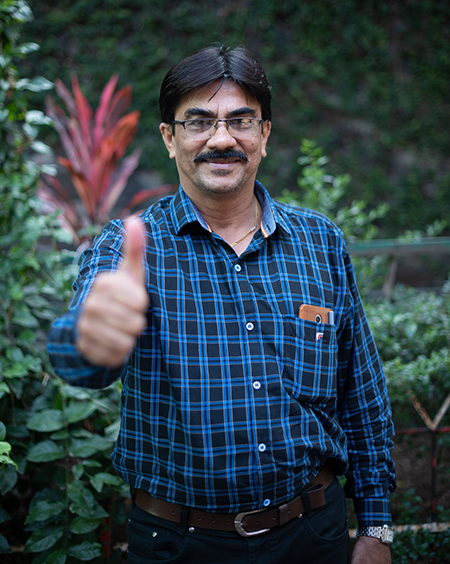- Homepage
- Young Onset Parkinson’s
YOUNG ONSET PARKINSON'S
About 10 to 20 percent of the Parkinson’s population experiences symptoms of Parkinson’s before the age of 50, this is called Early onset or Young Onset Parkinson’s Disease (YOPD). Although the symptoms and treatments are similar to Parkinson’s in older adults, people with YOPD may experience the condition a bit differently.
How is Young Onset PD different from Typical Late Onset PD?
- Progression of Parkinson’s over time is generally slower in Young Onset PD.
- Dyskinesias (involuntary writhing movements of the body) are more likely to develop in YOPD due to long term use of Levodopa medication. Thus, doctors usually postpone starting Levodopa medications in YOPD or begin with Parkinson’s drugs other than Levodopa.
- Dystonias (cramping & abnormal postures) in the neck, foot or hand are more commonly seen in YOPD as compared to problems with balance, thinking or memory, which are usually experienced in people with Parkinson’s with onset after the age of 50-60 years.
- Genetics may play a larger role as compared to environmental factors in YOPD.
In addition to this, managing a neurological condition at a much younger age and for a longer period of time can pose challenges related to family planning, managing family or parental responsibilities, financial planning and career adjustments.

MANAGEMENT OF YOUNG ONSET PD
The management options for YOPD are essentially the same as those for typical late onset Parkinson’s. Here are a few considerations for YOPD-
Mental Health
A diagnosis of Parkinson’s at a young age can be particularly difficult to accept. It can lead to conflicting emotions ranging from sadness to anger to denial, which can make coping with the condition difficult. Loss of employment, lack of support from your partner as well as fear of the future can further worsen mental health. Speaking with a counsellor will help you deal with these issues and cope better with your diagnosis.
Exercise
Research suggests that vigorous exercise can delay the progression of Parkinson’s and control symptoms. Regular exercise is essential, focusing on building strength and endurance and improving balance. Consult a physiotherapist for an individualized exercise programme. You can also participate in other exercise programmes like dance, yoga, tai chi, boxing etc.
Medications
In order to delay the development of dyskinesias your neurologist may decide to defer starting Levodopa medications, although this depends on your symptoms and their interference in your daily activities.
Rights for YOPD
Parkinson’s has been included in India’s Right of Persons with Disabilities Act, 2016 and thus are eligible to benefit from the same.

Well-being
Meeting and talking to other people with YOPD will help you understand your condition better, will prepare you for the future while also providing much-needed support and motivation for you to deal with Parkinson’s. Join a YOPD support group near you.
Advanced Treatment Options
Deep Brain Stimulation (DBS) is a surgical option to deal with severe symptoms of the condition.
POWER PARK’D
At the PDMDS, we have started an initiative which gives people with YOPD an opportunity to meet regularly and avail of guidance provided by personnel, be it physiotherapists, psychologists, dance movement therapists etc., who are professionals in dealing with the various aspects of Parkinson’s.
Power Park’d has three key aims
a. To provide a platform to people with YOPD to interact with each other and receive professional support for the challenges faced by them.
b. To facilitate an understanding among YOPD patients that a holistic approach centered around diet, exercise, counseling and therapy can be beneficial to the management of the condition.
c. To further understand the challenges faced by people with YOPD and design programmes that can help in addressing the same.






